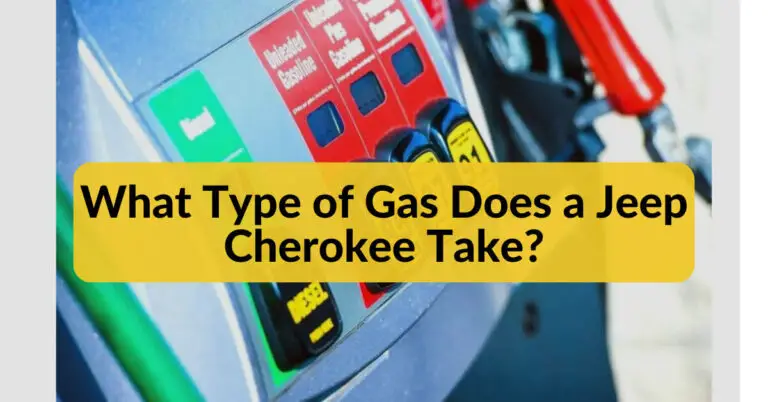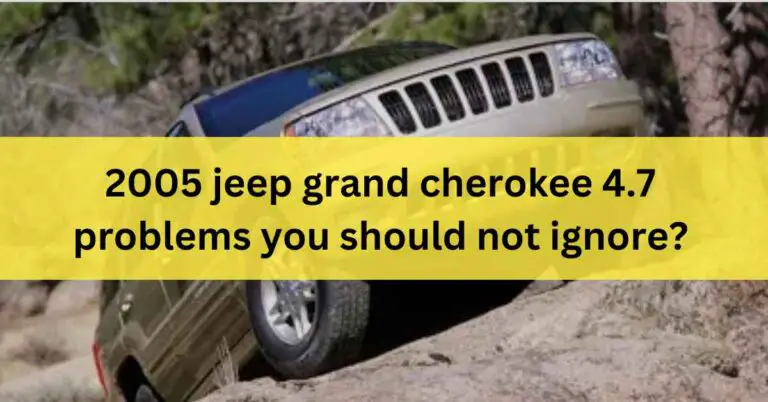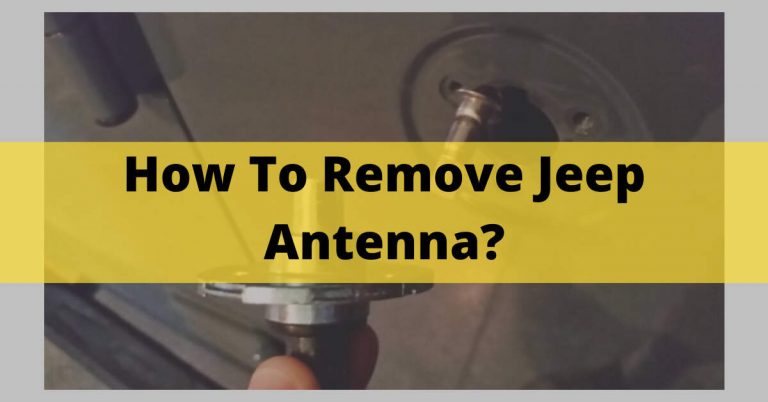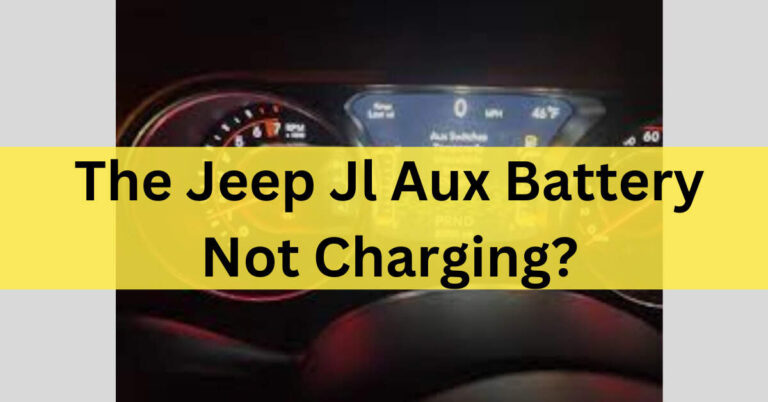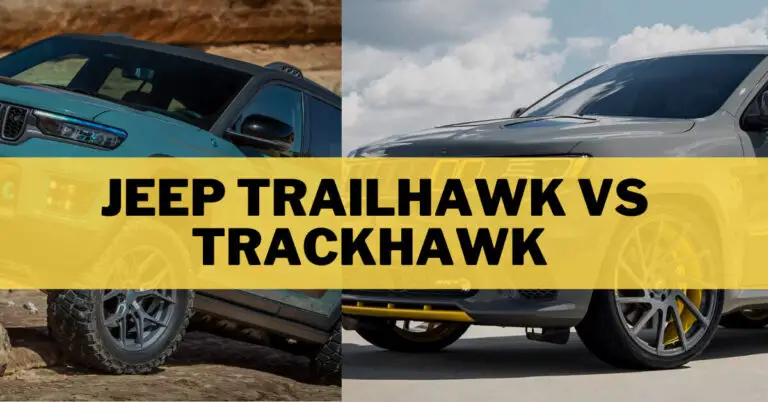Can you put e85 in a jeep wrangler? Real Truth In 2023
As the world increasingly seeks alternative fuel sources, ethanol-based fuels like E85 have gained attention for their potential to decrease greenhouse gas emissions and dependency on fossil fuels.
E85, a mixture of 15% gasoline and 85% ethanol, has become a viable option for many vehicles
Whether you can put E85 in a Jeep Wrangler depends on the specific model and its compatibility with alternative fuels. Check the vehicle’s specifications and consult experts to ensure safe and suitable use.
This article delves into the facts, myths, and considerations surrounding using E85 in this beloved off-road vehicle.
Understanding E85 Fuel:
E85, short for “85% ethanol,” is a biofuel made primarily from corn and other plant-based materials.
Ethanol probably has a higher octane rating compared to regular gasoline, which can enhance engine performance and efficiency. Additionally, E85 is touted for its lower greenhouse gas emissions and reduced dependence on petroleum.
Compatibility with Jeep Wrangler:
Jeep Wrangler, a popular and rugged off-road vehicle, is typically designed to run on gasoline. Whether E85 can be used in a Jeep Wrangler depends on the model and engine type.
Some modern Jeep Wrangler models are “Flex Fuel” vehicles that accommodate gasoline and ethanol blends like E85.

These vehicles have specific engine modifications to adjust fuel injection and combustion settings to suit various ethanol-gasoline mixtures.
Flex Fuel Models:
Specific Jeep Wrangler models are Flex Fuel vehicles engineered to run on various ethanol-gasoline blends, including E85.
These models feature specialized components, such as fuel system components and engine control systems, designed to accommodate the different fuel mixtures.
If you own a Flex Fuel Jeep Wrangler, you can safely use E85 or regular gasoline without any modifications.
Non-Flex Fuel Models:
For older Jeep Wrangler models or those not labeled as Flex Fuel, using E85 is not recommended.
The engine and fuel system components may not be designed to handle the higher ethanol content, potentially leading to performance issues, reduced fuel efficiency, and even damage over time.
Advantages of Using E85 in a Compatible Jeep Wrangler:
- Reduced Emissions: E85’s higher ethanol content often reduces carbon dioxide emissions compared to traditional gasoline, contributing to a smaller carbon footprint.
- Support for Renewable Energy: Using E85 supports the agricultural sector by utilizing ethanol derived from crops, potentially reducing dependence on fossil fuels.
- Potential Cost Savings: E85 is sometimes priced lower than gasoline, offering potential savings at the pump if the vehicle is designed to run on it.
Considerations and Myths:
Fuel Efficiency:
One common misconception is that E85 improves fuel efficiency. While E85 has a higher octane rating, it contains less energy per gallon than gasoline. It can lead to lower miles per gallon (MPG) when using E85, offsetting potential cost savings.
Power and Performance:
While some vehicles, especially those designed as Flex Fuel, may see a slight increase in horsepower and torque when using E85, the impact on a Jeep Wrangler’s performance may be negligible or negative, depending on the model and engine.

Modifications:
Converting a non-Flex Fuel Jeep Wrangler to run on E85 would require significant modifications to the fuel system, including fuel lines, injectors, and sensors. It can be complex and costly, often outweighing the benefits of using E85.
Fuel Availability:
E85 availability varies by region and may not be as widely accessible as regular gasoline. It’s important to consider whether E85 stations are convenient for your everyday driving routes.
The optimal gasoline for your car is explained in the following video, which is followed by more details:
Is E85 Cheaper than Gasoline?
Initial Cost Per Gallon:
One of the most apparent advantages of E85 is its often lower initial cost per gallon compared to gasoline.
Ethanol, a primary component of E85, can be produced from renewable resources like sugarcane or corn, potentially leading to a lower market price. This price difference at the pump might make E85 an attractive choice for budget-conscious drivers.
Calculating Cost Per Mile:
To accurately determine whether E85 is cheaper than gasoline for your specific situation, it’s essential to calculate the cost per mile driven.
This calculation considers both the price per gallon and the reduced fuel efficiency of E85. Divide the cost of a gallon of E85 by its decreasing miles per gallon (MPG) compared to gasoline. If the cost per mile is lower with E85, it is a more economical choice.
Availability and Accessibility:
The availability of E85 varies widely by region. While some areas have a robust network of E85 fueling stations, others may need more access to this alternative fuel.
If E85 is not readily available in your area, any potential cost savings may be outweighed by inconvenience or the need for long trips to refuel.
Environmental Considerations:
Beyond cost, some drivers are drawn to E85 for its potential environmental benefits, as it produces fewer greenhouse gas emissions than gasoline.
However, the impact depends on ethanol production methods, transportation, and land use.
Frequently Asked Questions:
1. Will using E85 affect my Jeep Wrangler’s fuel efficiency?
Yes, E85 generally has lower energy content than gasoline, which can result in reduced fuel efficiency. Your Jeep Wrangler may experience decreased mileage per gallon when using E85.
2. How can I determine if my Jeep Wrangler is compatible with E85?
Refer to your vehicle’s specifications in the owner’s manual or consult a mechanic. Some Jeep Wrangler models may have features that allow them to run on E85, while others may not.
3. Can I switch between E85 and gasoline in my Jeep Wrangler?
You can switch between the two fuels if your Jeep Wrangler is designed for flex-fuel use (E85 and gasoline). However, frequent switching may impact performance and fuel efficiency.
4. Do I need to modify my Jeep Wrangler to use E85?
Possibly. Converting a vehicle to run on E85 may require modifications to the fuel system, including upgraded fuel lines and injectors. Consult with a mechanic before making any modifications.
5. Is E85 better for the environment?
E85 is generally considered more environmentally friendly due to its renewable source and reduced carbon emissions. However, the overall affect depends on factors like production methods and transportation.
Conclusion:
The decision to use E85 in a Jeep Wrangler is multifaceted and hinges on careful consideration of various factors.
While E85 offers potential benefits such as reduced emissions, potential cost savings, and enhanced performance, its compatibility with your specific Jeep Wrangler model is paramount.
Thoroughly researching your vehicle’s specifications, consulting with experts, and understanding the trade-offs between fuel efficiency, availability, and potential modifications are essential.
Moreover, the broader context of the automotive industry’s shift towards alternative fuels underscores the importance of making informed choices.
As E85 becomes more prevalent and vehicle technology evolves, future Jeep Wrangler models may offer better compatibility and optimized performance for this renewable fuel.

![Jeep Wrangler passenger seat will not recline [How to solve]](https://garagegrabber.com/wp-content/uploads/2023/08/Jeep-Wrangler-passenger-seat-will-not-recline-768x402.jpg)
